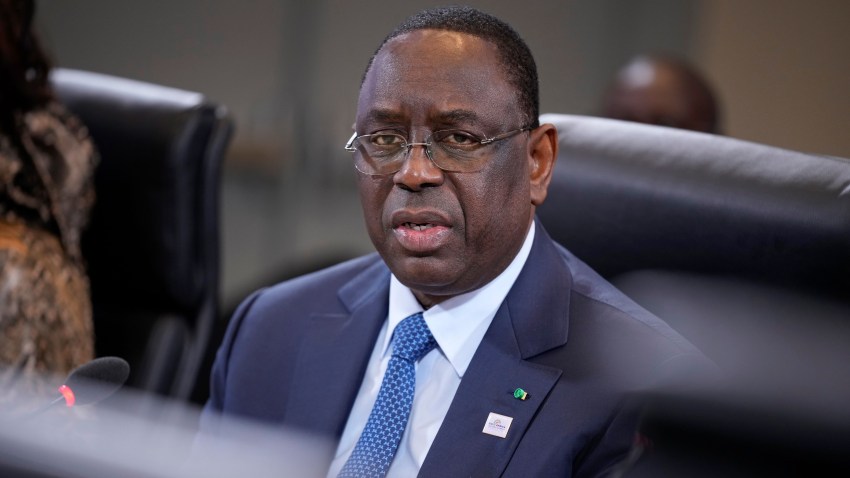His inner circle describes him as a caring individual with the best of intentions. But Macky Sall, who has served as Senegal’s president since April 2012, has a nickname that reveals another side of his personality: Macky-Niangal-Sall, or “Macky the iron-hearted.” More than a decade since he came to power, Sall is viewed as aloof and distant by the same citizens who propelled him to power in his initial election victory over his one-time mentor, then-President Abdoulaye Wade.
That vote was regarded by many Senegalese as a clear statement against a so-called president for life, as seen elsewhere across the continent. The 2012 presidential race took place against the backdrop of widespread protests sparked by Wade’s controversial bid for a third term in office, despite a constitutional prohibition on serving for more than two consecutive terms. Debates over Senegal’s term limits have reemerged in recent years amid speculation that Sall might now be considering a third-term bid of his own, despite deepening social tensions and opposition-led rallies denouncing corruption, the high cost of living and government overreach.
Senegal has long been regarded by many observers as a regional and continental democratic standard-bearer. As one of the few West African countries to never have experienced military rule, it has an established tradition of transferring power between civilian leaders. Senegalese citizens take pride in the country’s culture of public debate, anchored by the vibrant participation of youths and civil society. At the same time, recent trends suggest that things might be more complicated than the conventional wisdom makes them out to be.

